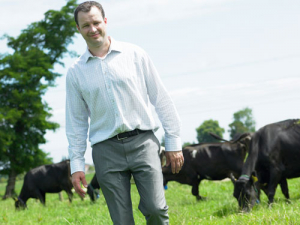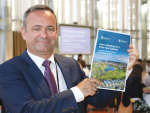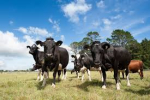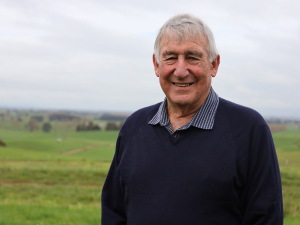Protecting New Zealand’s waterways are a priority and dairy is one of many sectors that needs to play a role, says DairyNZ chief executive Tim Mackle.
The Ministry for the Environment’s Our fresh water 2017 report released today, identified that more needs to be done to reduce phosphorus, nitrogen and E.coli entering the waterway, in both rural and urban settings.
Mackle says New Zealand's dairy farmers have been on this journey for many years now, and the improvements to the quality of their waterways are beginning to show. Over the past five years, dairy farmers have built 26,000 kms of fences to protect waterways on their farms. That's the equivalent of a journey from downtown Auckland to the steps of the United Nations in New York - and almost all the way back again.
And they have planted a range of native species, such as manuka, flaxes and sedges, along their farm streams and in wetland restoration, which helps filter runoff, cooling and shading water and protecting biodiversity. Over 95% of dairy waterways are now fenced so no dairy cows can enter them. This means that it’s unlikely a dairy cow will ever be found in a lake or river.
At the same time, many farmers have installed modern effluent management systems, often more advanced than required by their regional council, to manage nutrients in a way that promotes grass growth as a fertiliser, rather than end up in waterways.
“They have done this work voluntarily, well ahead of regulatory requirements, and their actions speak louder than words. Most dairy farmers are on a journey that will see them hand over their lands to the next generation in a better environmental state than they received them. I believe this is something our country should be proud of. We know there is more work to be done and protecting New Zealand’s waterways is a job for every single person in the country – including dairy”.
The Water Accord, a voluntary initiative that involves 11,500 dairy farms, launched in 2013, is a set of national good practices to lift environmental performance on dairy farms. The results for Year 3 (15/16) of the Water Accord are being released soon.


















